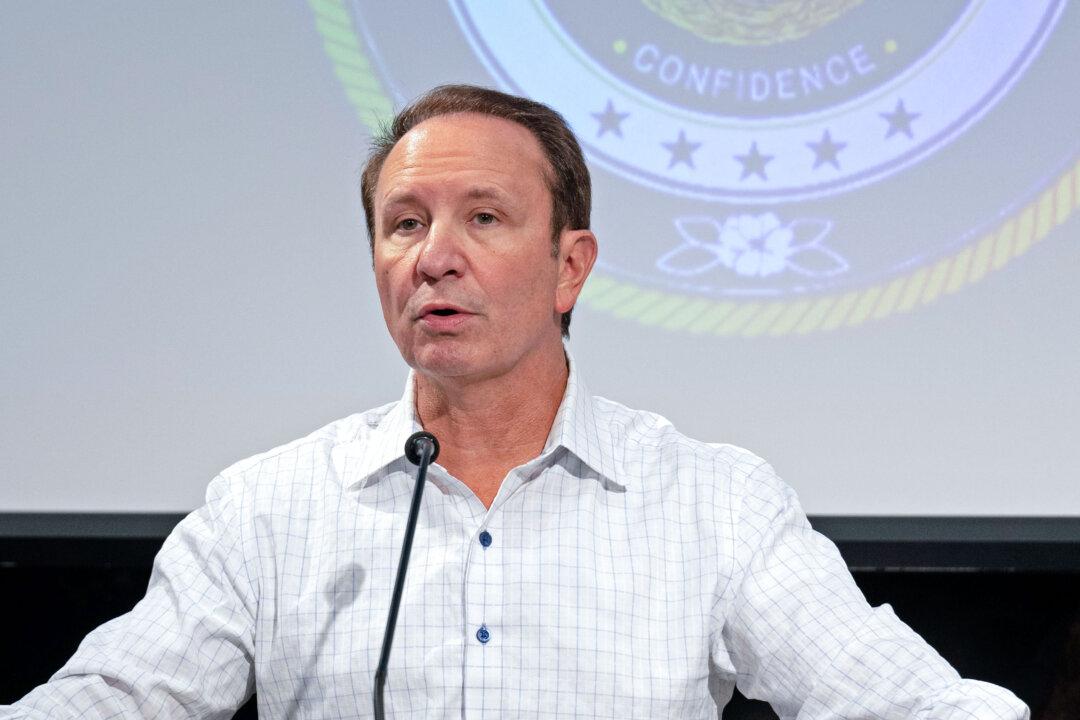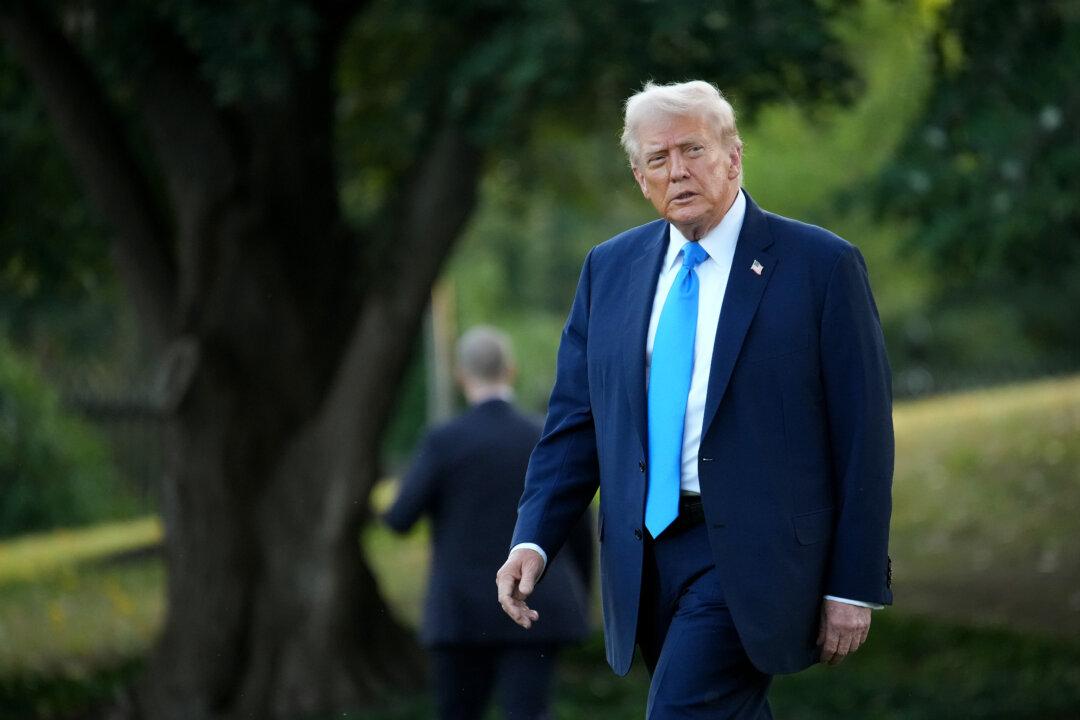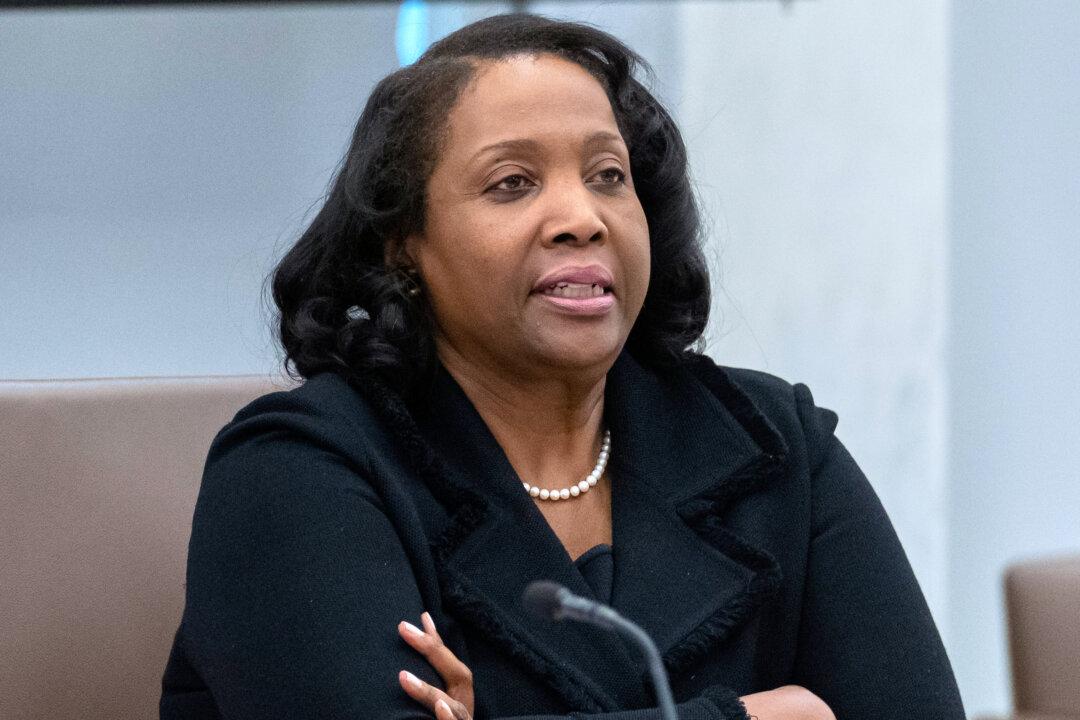‘Key Questions’ Unanswered
The IOC’s audit was the first attempt by the sports organization to conduct a due diligence review of Beijing 2022 products. However, the rights groups allege the report lacks the necessary details to ensure credibility.The missing particulars include “details about the factories and production sites visited, the audit methodology and findings, or the steps taken to ensure that workers were not subject to reprisals for speaking to auditors or reporting violations,” read the rights groups’ statement.
The IOC’s audit report states that it used a third-party auditor to conduct a “due diligence” review on its suppliers for the 2022 Winter Olympics. The report outlines the IOC’s process for social auditing and states that the audit on the 2022 Winter Olympics suppliers “aligns” with its auditing process.
However, according to Bennett Freeman, a Steering Committee member of EUFL and former US Deputy Assistant Secretary of State for Democracy, Human Rights and Labor, the report does not address the crucial context of the state-run persecution of the Uyghur minorities.
“The IOC’s due diligence is of such narrow scope that its findings cannot be accepted,” Freeman said in the statement. “Crucially, the IOC’s January statement doesn’t even mention the forced labor of Uyghur people, the primary risk that should have been the focus of the exercise.”
Neutrality ‘Does Not Apply’
When asked about the Chinese regime’s human rights abuses, the IOC cited its principle of being politically neutral.In a Feb. 3 press conference, Bach told reporters that “the position of the IOC must be, given the political neutrality, that we are not commenting on political issues,” he said. “Because otherwise, if we are taking a political standpoint, and we are getting in the middle of tensions and disputes and confrontations between political powers, then we are putting the Olympics at risk.”
However, according to the rights groups, the principle of neutrality does not apply in this case. “The IOC cannot be allowed to let so-called neutrality override morality when it comes to slave labor,” said Zumretay Arkin, World Uyghur Congress Program and Advocacy Manager, in a Jan. 4 statement published on EUFL.
“Olympic leaders must take responsibility for labor and human rights at a time when the reality of forced labor of the Uyghur people is now widely recognized and condemned around the world,” Arkin added.





